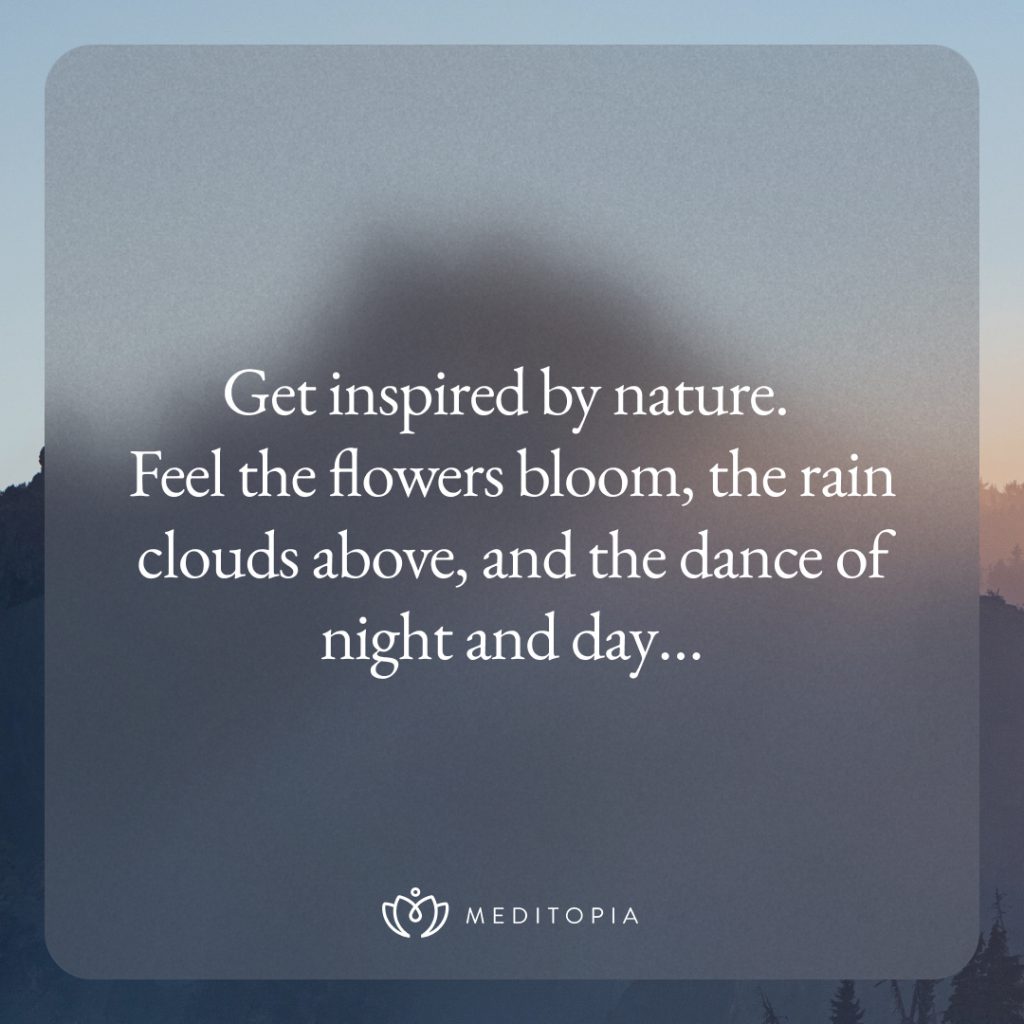Navigating Seasonal Changes

In our primary school years, we learn to name the seasons: “Spring, summer, autumn, winter…” At that age, those of us who live in areas with seasons usually picture spring as a time when we can spend our breaks in outside without getting cold; summer as a three-month holiday period when we can go to the beach; autumn as the time when we rush to the school bus with an umbrella, and winter as the time when we look out of the window in class and watch the snowfall – and maybe even hope school’s canceled.
We often think of autumn as poetic, the fallen leaves coloring the streets yellow, the refreshing bite of the air… Sometimes we refer to it as fall and sometimes as the season of harvest. And then, winter has a special place in our hearts as we watch the snow falling like fluffy cotton balls. We love spring because the flowers are starting to bloom, heralding the coming of summer. Summer, on the other hand, brings images of the sea, sun, vacation…

The seasons evoke different things in everyone’s minds. While some find joy in the summer sun and colorful flowers, others enjoy the rainy and cloudy weather and the yellow leaves that cover the earth like a soft blanket… Whichever we like more, seasonal transitions affect us both physically and psychologically.
During winter, shortened days with fast decreasing daylight and scarce opportunities to spend time comfortably outdoors can make us feel more depressed and melancholic. The wilting of plants, the falling of leaves, and the disappearance of some creatures due to hibernation in winter can make people feel that nature has lost its vitality.
For some people, all of the above is followed by days of calm and focus. Laying on the sofa and getting all cozy wrapped up in a blanket, finally getting to wear those soft sweaters and socks, warm drinks, and staying in with friends… In fact, even the “summer people” can miss all of these things… The winter season can bring some beauties with it, as well. So much so that there are many people who experience increased productivity specifically in winter. In short, our perspective can determine our emotions toward events and situations. There is this one quote of Marcel Proust that I just love: “The real voyage of discovery consists not in seeking new landscapes, but in having new eyes.” Perhaps we can reflect on our point of view about the winter season in light of this saying…
Changing and adapting to a routine can be challenging for all of us because our nervous system craves certainty and consistency in order to keep working at an optimal level. The changes in our affective world during the seasonal transitions are actually directly related to the sunrays. The secretion of hormones that impact our mood such as dopamine, serotonin, melatonin, and endorphins, varies according to seasonal processes and this in turn affects our emotional state quite a bit. Therefore, it’s extremely common not to feel our usual selves during seasonal transitions.

How can we reduce the effects of seasonal transitions?
Walking in the rain is a romantic idea for many people. However, rain can be enjoyed not only by walking but also by watching it through the window. You can even open the window and inhale its scent. So, you don’t have to do it the way everyone else does in order to enjoy something, you can create your own standard under any circumstances.
It’s important to honor your feelings of melancholy as well so that you can be present in it, and begin to transform it. All feelings are important information, after all. In light of these emotions, you can tap into your creativity – write, paint, or do whatever comes to mind. It’s totally up to you! Your body will tell you what you need. Listen to it. Remember that sometimes not wanting to do anything is also a valid need. At such moments, don’t ignore that impulse to rest and just pause. Experience doing nothing. In this process, you can write down your current feelings by keeping a journal. Pouring your heart out can put you at ease even if no one reads it. Let the pen express your emotions freely.
The psychological changes that come with the seasons may begin to disrupt our routine at times. In this case, many of us may prefer to stay in our comfort zone where we feel at ease and safe. Of course, you can rest as much as you want here. But remember this: Stepping out of your comfort zone can help you return to daily life and make you feel alive again. This step doesn’t have to be huge or a giant leap, it can be small, a tiny movement toward something new.
One of things that may arise with seasonal changes are feelings of fatigue. Even if we get enough sleep, we may not feel rested and refreshed when we wake up. This fatigue can make us feel reluctant, sleepy, and exhausted.
To navigate these feelings, we may sometimes choose to take shelter in sleep. However, sleep and rest are not the same thing. We can use variations of rest to help us navigate this situation. For instance, for active physical rest, we can benefit from rehabilitative activities such as pilates, yoga, stretching, or massage that improve our circulation and flexibility.
Routines help us feel alive
Daily chores and routines help us feel alive. For example, activities such as taking a walk in nature at the same time every day, bringing your dog with you as well if you have one, or reserving certain days of the week for socializing can turn into a habit, making you feel better.
When considering psychological resilience, routines play a significant role as well. It’s just like trying to be good at a sport. We train hard to increase our strength and condition day by day. The same applies here. Noticing our behaviors and routines and practicing them can also help us cope with daily stress. We can strengthen our psychological well-being just like our muscles.

